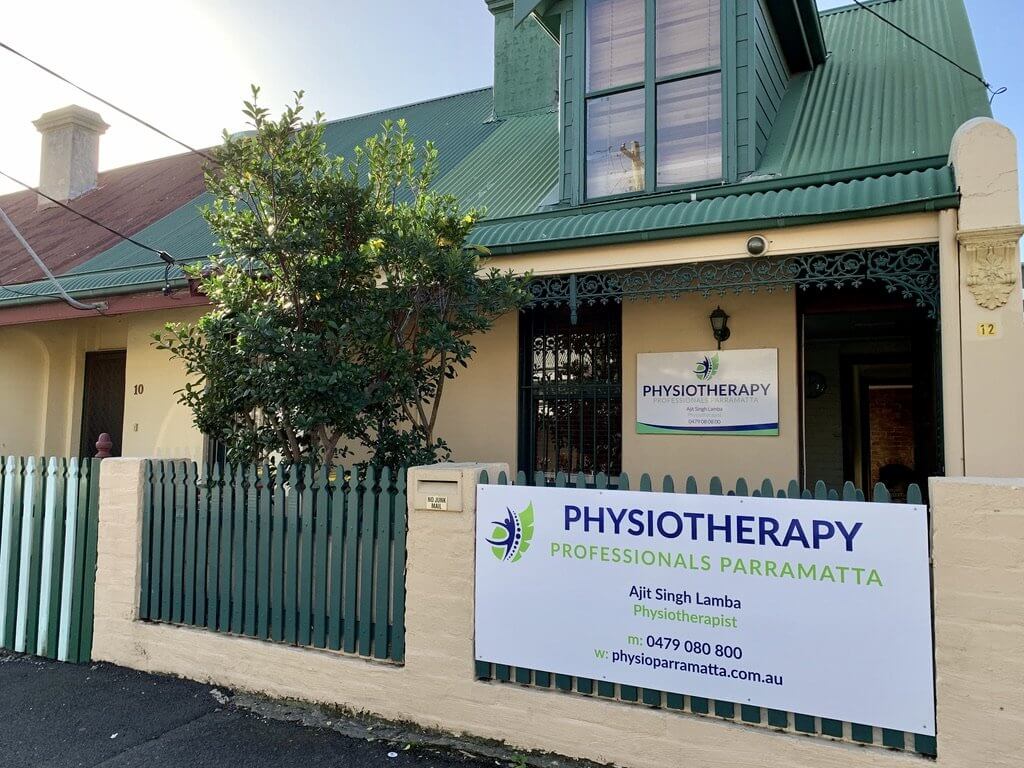Neck Pain

NECK PAIN
What is it?
Neck pain is a condition where an individual’s neck muscles, joints or other soft tissue (including nerves) are strained, typically due to bad posture or in some cases osteoarthritis or spinal stenosis (narrowing of the spinal canal).
It can be a result of many daily activities from leaning to see the words on your computer screen more clearly or hunching over your mobile phone or a workbench for extended periods of time. Due to prolonged work from home arrangements and reduction in physical activities, this is becoming more frequent. We are seeing an increase in cases like this in our Parramatta clinic.
Neck pain is considered a common symptom of many other injuries and medical conditions, some of which require immediate medical attention, especially if the pain is accompanied by loss of strength or numbness in your arms or hands as well a shooting pain throughout the arm or shoulder. Pain is a frustrating condition which can affect your quality of life negatively or interfere with daily activities if untreated.
What are the symptoms of neck pain?
The symptoms associated with neck pain include:
- A straining feeling in your neck that when holding your head in the same place for extended periods of time can become worse, for example when using a computer or driving.
- A general lack of motion in your head, as you begin to turn your head you may feel increased pain.
- You may begin to experience a headache and/or migraine depending on the severity of the pain.
- A stabbing or burning pain.
- Increased sensitivity to any pressure placed on an individual’s neck.
- Increased tightening/tension in the muscles in the neck which can also result in muscle spasms.
Who is at risk?
- One in three people will get neck pain at least once per year – it is an extremely common medical condition.
- The older a person is the higher chance they have of developing conditions such as osteoarthritis.
- Women are considered more at risk than men due to neck pain being a symptom of cervical degenerative disc disease which is more common in women.
- People involved in car crashes and experience whiplash are also at risk of intense neck pain. (Whiplash Associated Disorders- WAD)
- Incorrectly positioned sleepers are at higher risk of neck pain. As a point of reference your body should be in line with your neck as you sleep so it is recommended to sleep with only a small pillow to avoid awkward head angles.
- Stoopers and slouches are at risk of neck pain. A head forward is like carrying an extra 5kg weight. It is important to ensure your back and neck are straight at your desk. Moving around and also stretching regularly throughout the day is an important way to stay healthy. Another useful tip is to avoid tucking your phone in-between your shoulder and head while taking a call, instead use earphones or hands free to speak with.
Treatment
- The most common form of treatment for mild to moderate acute neck pain is self-care at home and resting the muscles for two or three weeks as much as possible. If your neck pain is still present after this period of time, your doctor may recommend other treatments.
- Chronic neck pain is a different entity and needs more specific and complex treatment. It’s best to avoid manual therapy of the neck as it could be very dangerous and cause serious injuries to your neck vessels such as stroke.
- A multidisciplinary pain clinic such as SPMC can assist you with a faster recovery.
- Physical therapy which will teach you how to posture your body to prevent further pain as well as exercises to perform in the case that the pain does return.
- Other common therapies for severe neck pain include neck traction, pharmacological support, anti-inflammatory medication, hot and cold therapy, psychological therapies and acupuncture.
- Other advanced options are nerve blocks, corticosteroid injections , radiofrequency neurotomy of the facet joints and stimulating nerves responsible for your neck and arm pain.
- Use of neuromodulation techniques such as spinal cord stimulation can be suggested by your pain physician if all else fails.
- In some extreme circumstances a doctor may recommend surgery however this is uncommon and not advised unless absolutely necessary.
Contact Us:
You can call us anytime to have a confidential discussion with our expert Physiotherapists.


